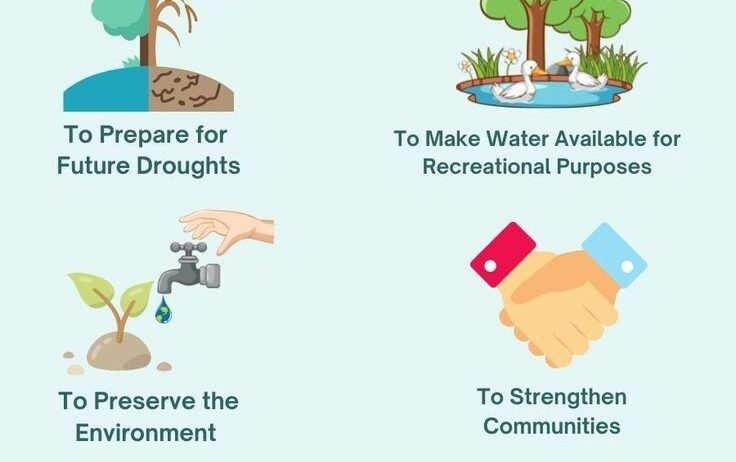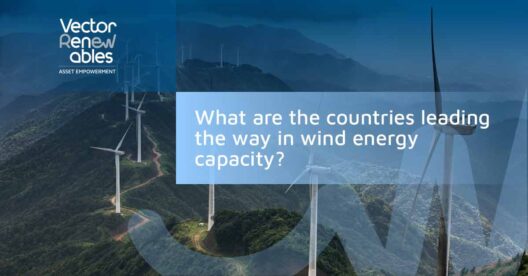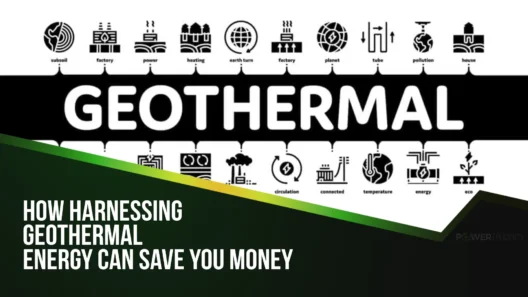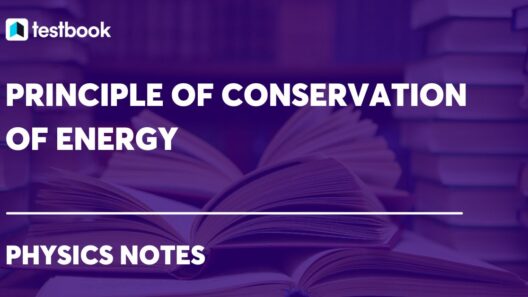Energy conservation is not merely a trendy buzzword; it embodies a profound imperative that intersects environmental stewardship and pragmatic living. As we navigate a world increasingly beset by climate change and resource depletion, the reasons for conserving energy become increasingly clear, revealing a tapestry of interconnected benefits. Beyond the superficial notion of saving money on utility bills lies a deeper narrative about sustainability, conservation, and our shared responsibility toward future generations.
To fully grasp the significance of energy conservation, one must first understand the implications of our current energy consumption patterns. An overwhelming amount of energy is consumed in various sectors, from residential living to industrial manufacturing. This energy consumption often relies heavily on fossil fuels, a finite resource whose extraction and use contribute to environmental degradation. The act of conserving energy, therefore, becomes a collective effort that addresses not only the here and now but also the long-term viability of our planet.
Understanding the multifaceted advantages of energy conservation reveals the urgency of this endeavor. The ecological, economic, and social ramifications are sweeping, painting a picture of a world that thrives when we prioritize sustainability. In this exploration, we will dissect the reasons behind energy conservation in three primary domains: environmental preservation, economic advantage, and social responsibility.
Preserving Our Planet: Environmental Ramifications of Energy Conservation
The environmental impact of energy consumption is profound and multifarious. Fossil fuel extraction and combustion release substantial quantities of greenhouse gases, exacerbating climate change and contributing to a host of environmental maladies—from air pollution to ecosystem disruption.
When we engage in energy conservation, we significantly reduce our reliance on these harmful energy sources. Utilizing renewable energy options, such as solar, wind, and hydroelectric power, coupled with enhanced energy efficiency in our homes and businesses, allows us to lessen our carbon footprint. Such actions contribute directly to the mitigation of climate change and foster a healthier planet.
Moreover, reducing energy consumption alleviates the pressure on natural resources. Water, land, and even air quality are improved when energy needs are met with conservation in mind. By embracing energy-efficient technologies, we reduce the total amount of energy needed to power our lives, thereby conserving the ecosystems that are often ravaged by resource extraction processes.
Economic Incentives: Saving Money and Resources
At the core of energy conservation lies a practical and undeniable economic incentive. Conserving energy translates into reduced utility bills, a straightforward benefit for households and businesses alike. The financial savings accrued from adopting energy-efficient practices can be reinvested into other areas of life, providing families with enhanced quality of life and allowing businesses to redirect funds toward growth and innovation.
Furthermore, energy conservation is increasingly becoming a necessary strategy for business competitiveness. As energy prices fluctuate and the demand for sustainable practices rises, companies that prioritize energy efficiency can dramatically reduce operating costs and bolster their public image. Consumers are becoming more discerning and inclined to support businesses that demonstrate environmental responsibility, echoing a broader societal shift toward sustainability.
In addition to direct savings, energy conservation fuels job creation. The transition to a more energy-efficient economy opens up new sectors and job opportunities, ranging from green technology development to energy auditing and retrofitting services. This transition not only fuels economic growth but enhances national energy independence by reducing reliance on imported fossil fuels.
Social Responsibility: Building a Sustainable Community
Conserving energy extends beyond individual or corporate benefits; it embodies a collective ethos rooted in social responsibility. The pursuit of energy efficiency fosters community engagement and collective action, creating opportunities for individuals to unite around a shared purpose. Initiatives that promote energy conservation, such as community solar projects or local energy efficiency drives, enhance social cohesion and mobilize collective efforts toward sustainability.
Energy conservation also leads to improved public health outcomes. Cleaner air, stemming from reduced emissions, correlates with lower rates of respiratory diseases and other health-related issues. This phenomenon underscores the societal implications—energy conservation is not just about preserving resources but protecting human health and ensuring a higher quality of life for all.
Moreover, as societies grapple with the effects of climate change and increasing energy inequity, the principles of energy conservation pave the way for a more equitable society. By promoting access to energy-efficient appliances and renewable resources in underserved communities, we contribute to bridging the gap that often aligns with socioeconomic divides. This social dimension reinforces the importance of energy conservation as a means of promoting equity and justice in energy access.
In conclusion, the rationale behind energy conservation is overwhelmingly compelling. From environmental necessity to economic pragmatism and social responsibility, the reasons for conserving energy intertwine in ways that benefit both individuals and the collective. As energy consumers, it is incumbent upon us to engage in proactive energy-conserving practices that respect our planet’s limits and recognize the interconnectedness of our actions. The path forward, though fraught with challenges, is illuminated by the potent understanding that conserving energy serves not only our present needs but also our future aspirations.






